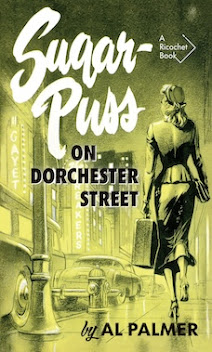
Two poems about ladies' vanity published by John J. MacDonald as a 28-year-old (or so), teetotalling bachelor. He married a couple of years later, but was a supporter of temperance to the end of his days.
Of all MacDonald's verse, the first is my favourite... the second is sure to offend.

Related posts:
The Ultra-fashionable Maids
Those Maids we see, who look so free,
Whom every day we spy;
Whose mien and gate their thoughts relate,
As they go limping by;
Whose crimson cheek, the looks so meek
Would fain defects supply;
Whose frizzled hair, and features fair
Oft charm the human eye;
Are seeming so because on show
Our kind too much rely.
Would they appear to us so dear
Or kindle passion’s flame,
If we knew, and kept in view,
From whence these beauties came-
That human art the greater part
Invented of the same;
That they receive from Mother Eve,
Of what adorns their frame,
But what we know tends more to show
They should not feel but shame.
How oft thus lay the secret way
In which the game is played:-
A shapeless mass, by name a lass,
Is artfully arrayed,
I neatly bound with metal round
And trimmings wisely made,
And padded o’er with worthless store
To cover unbetrayed
The sad defects, which one detects
When nature is displayed.
With tender care they leave quite bare
What parts are fit to face,
Or please the eyes of youths they prize,
No matter what their place.
They daub with paint what they make faint
With binding cord and lace;
And why, forsooth? We know, in truth,
To win the life embrace
Of some they know will not be slow
Through this their will to trace.
And on the skull, already dull
With low and grovelling care,
(By oil and paint, without restraint,
Of nature’s dress stript bare)
Is placed all round a shapeless mound
Of manufactured hair,
Which does not tend to fragrance lend,
Where polypi prepare,
For future breeds to hide their deeds,
A comfortable lair.

The Globe and Mail, 15 December 1877
For Miss A—
Her slender waist so tightly laced,
It makes her face look black;
Her cheeks so pale with efforts frail
To keep life’s current back;
For this, thinks she, makes lovers see
The charms her features lack.
Her’s answers just the Hindoo bust
Or Negroe’s ruder form;
Her features glow with sudden woe
And anger’s bitter storm;
She labours so to gain a beau,
Some chilly heart to warm.



















































